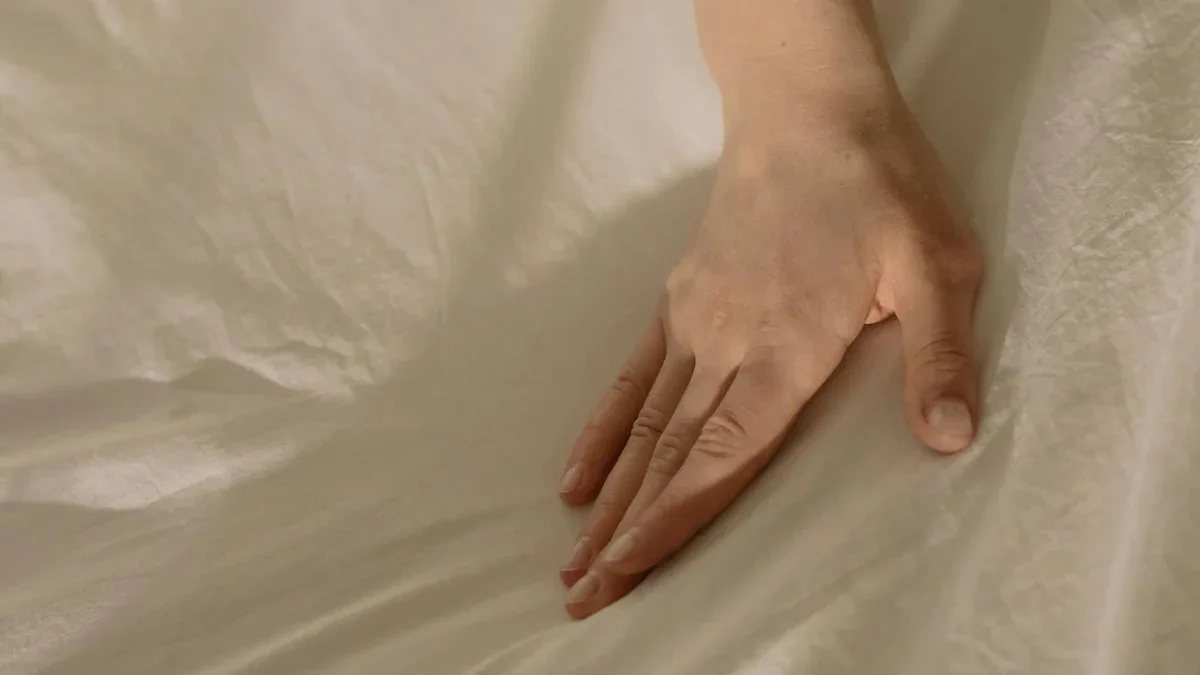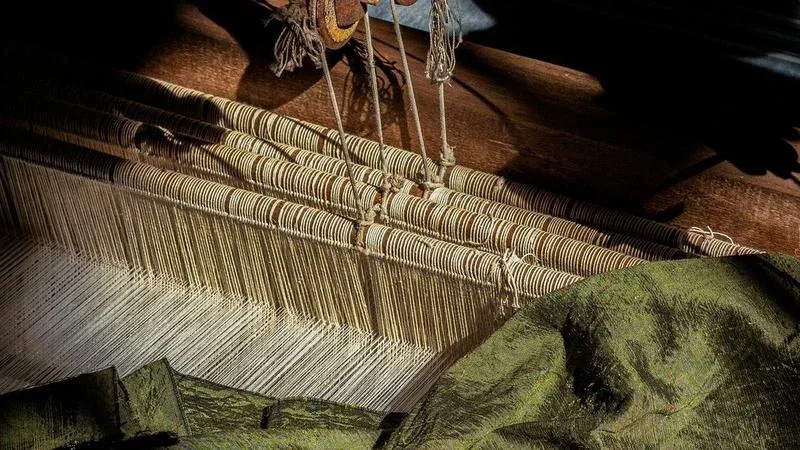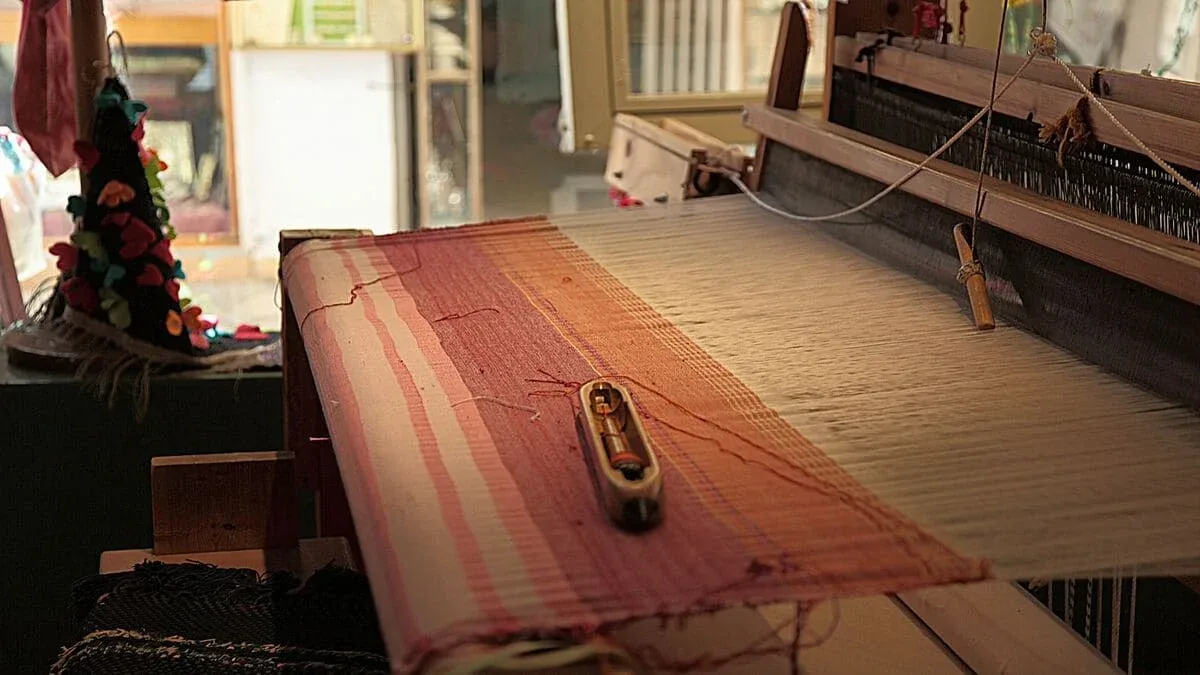Every fabric tells a story. In the current world of machines and rapid production, the products of the handmade textiles industry serve to remind people of the thought of care and time and tradition. When we choose it, we embrace culture, skill and sustainability. In a case where mass-produced fabrics are put on the shelves of local shops, they tend to miss the cosy and living quality of home-made fabrics. We shall now discuss how handmade textiles are unique, especially in Indian textiles.
The True Value of Handmade Textiles in the Textiles Industry
The Human Touch in Every Thread
Handmade textiles demonstrate the craft and passion of the artisan. Every work can contain small variations in pattern or texture and be unique. It is these tiny details that make the cloth alive. In the Indian textile industry, a large number of artisans continue the old methods that have been passed down through the family. Their work glistens in each thread and colour. Mass-produced fabrics are sometimes deprived of that personal appeal, although they look neat and uniform.
Fair Work and Shared Benefits
When we purchase clothes made by the textile producers in India that specialise in handcrafting, we contribute to the local population gaining a decent wage. The money is taken to the weavers, spinners, and dyers who make each piece. In mass production, the profits usually pass to large factories or brands instead. The endorsement of handmade textiles assists in saving employment, families, and tradition in small communities in India.
The Beauty of Variety
The Indian textiles are rich beyond measure. Bright bandhani of Gujarat to the smooth chanderi of Madhya Pradesh, each region has something to distinguish itself. This beauty is captured in handmade textiles. Every location comes with its own colours, patterns and materials. Mass-produced products tend to have one design on thousands of products. Handicraft allows us to savour the plethora of Indian textiles and appreciate the ingenuity of their production.
Caring for the Earth
Natural dyes, simple equipment and reduced electricity are common in handmade techniques. A large number of artisans work in small workshops that generate minimal waste and do not use harmful chemicals. On the other hand, mass production may employ heavy machines, powerful dyes, and cause pollution. Using handmade textiles helps to make the planet cleaner and promotes slow, conscious production.
Made to Last
Home-made fabrics can be more durable and last more, due to the attention paid at each stage. Artisans touch the fabric, test the tension of the thread and assure flawless finishing. Such attention makes the cloth strong. Mass-produced items are speed-oriented, and this may lead to compromised quality. When an item is made by hand, people will appreciate it more, hold on to it, and mend it where necessary.
Culture Woven In
History and culture are found in every handmade textile. It links you with both the location of its creation and with its creator. It can be a hand-woven shawl or a dyed sari, but each of them tells a story about India. Fabrics that are mass-produced might be fashionable, but can hardly possess the meaning to this extent. The Indian textile industry is founded on tradition and art, and that tradition is retained by the handmade fabrics.
Handwoven textile products are distinguished by uniqueness, fairness, sustainability, strength and cultural richness. Mass production can provide less expensive alternatives, yet it will never be the same as the heart and story behind handwork. To make a choice in favour of handmade is to make a choice in favour of care, heritage and purpose.
Svarna, based in Kolkata, carries this belief forward. They collaborate with talented artisans, natural materials and sustainable practices. The woven Indian textiles go on to touch the world- through theirs, it is beautifully woven, ethically woven and very soulful.
FAQs
1. Why are handmade textiles important in the Indian textiles industry?
They preserve traditional craft and support skilled artisans across India.
2. How do handmade textiles differ from mass-produced fabrics?
They’re unique, carefully crafted, and rich in detail, unlike factory-made goods.
3. What makes the woven textiles of India special?
Each piece reflects regional artistry, culture, and centuries of weaving tradition.



